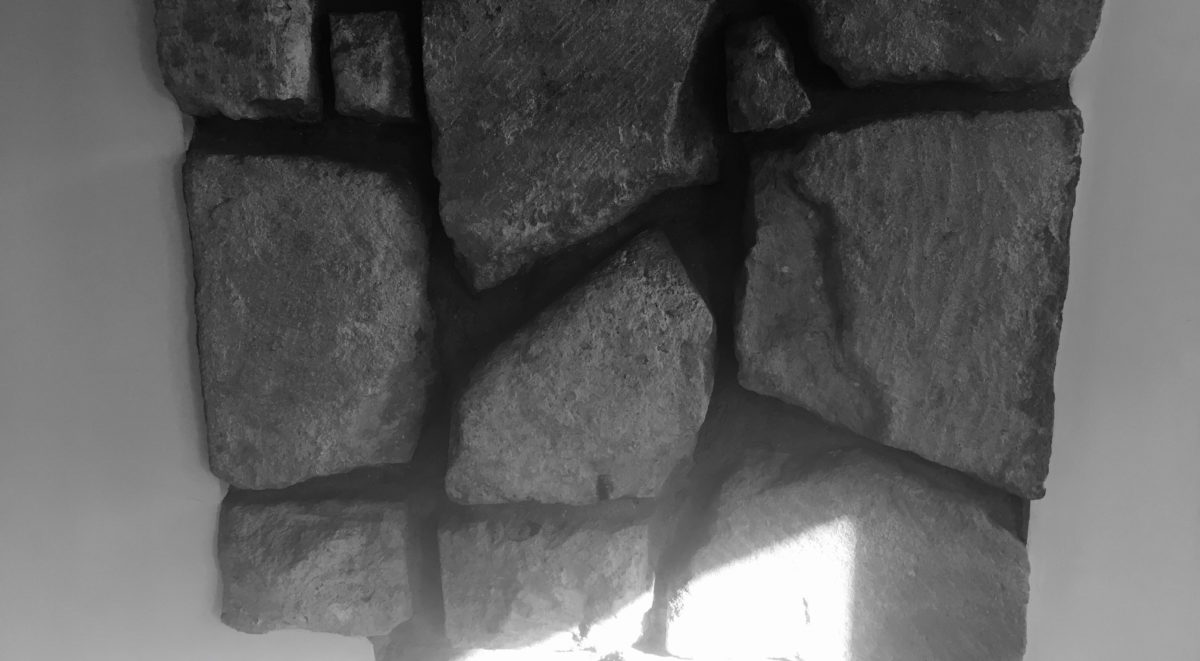
Fr Dominic reflects on Holy Saturday, between Christ’s death and Resurrection, at such an extraordinary time.
A friend wrote recently on Facebook that he’d never had to give up so much for Lent. Who’d have thought, at the beginning of this year, that we’d even have to give up church? A little bit of me – a little bit of all Christians? – hoped that somehow the pandemic would have eased enough for lockdown to end for the Easter weekend. But it hasn’t. Instead, we’ll have to sing Easter alleluias to the computer or the radio, as before. No physical receiving of Holy Communion, no being the Body of Christ together.
So what has changed? What can change? Between Lent and Easter? In a recent letter to friends and benefactors of the English Dominicans, our Prior Provincial, Fr. Martin Ganeri, wrote of a “long Holy Saturday”. Holy Saturday is the time of silence, absence. The silence between the death of Jesus and his Resurrection. The silence of the grave, between grief and hope. And we don’t know how long this year’s Holy Saturday experience will last.
Of course, the Holy Saturday silence of closed churches, empty streets and deserted nature is not everyone’s experience of this time. I think of someone I accompany who is currently battling for her life against Covid-19 in intensive care. Of the doctors and nurses working round the clock to save her life and many others. Do pray for them especially – there’s an inspiring and moving appeal for prayer from a Christian surgeon here. And the undertakers. The scientists trying to rush out tests and find a vaccine. The people working to save their businesses. The bereaved. What changes for them (maybe that’s you)?
In Lent, we give things up. Not because they’re bad (we should always give up bad things). Rather, because they’re good, but often we take them for granted or misuse – think how we treat food, drink, TV/YouTube. Indeed, our time with others – how present are we really to those we love, even when we’re with them?
At Easter, we receive the good things back, as the fruits of the New Creation (cf 1 Cor. 15:20). Some of them, such as the company of our friends, we can’t have yet. But at the first Easter, the disciples didn’t experience the Risen Lord all at once. Mary Magdalene went to the tomb in the dark. At first, she finds only absence – “They have taken the Lord, and we don’t know where they have laid Him” (John 20:2). Then she sees two angels. Then she turns round, and sees a man whom she supposes to be the gardener. Only when Jesus calls her name does she recognise that it’s Him, and that He’s risen from the dead.
Because we can’t take in the Resurrection all at once – any more, if I can take a slightly flippant example, than you can eat an entire Easter egg in one go. It’s about learning to receive again, to savour the smallest tastes of the Resurrection. It’s to search out the Risen Lord everywhere and in everything, in the silence and the darkness. It’s to turn round, change our perspective, like Mary Magdalene. To be surprised how the Lord speaks to us, outside familiar contexts.
So let’s pray for the grace to receive God in all good things, to allow nature, including in its changes, to gift us. To rejoice in a phone call or message, in a glass of wine. If we learn to receive the Lord in small things, we will be all the more ready, when the time comes, to receive His Risen Body and Blood, together, in the Holy Eucharist.
